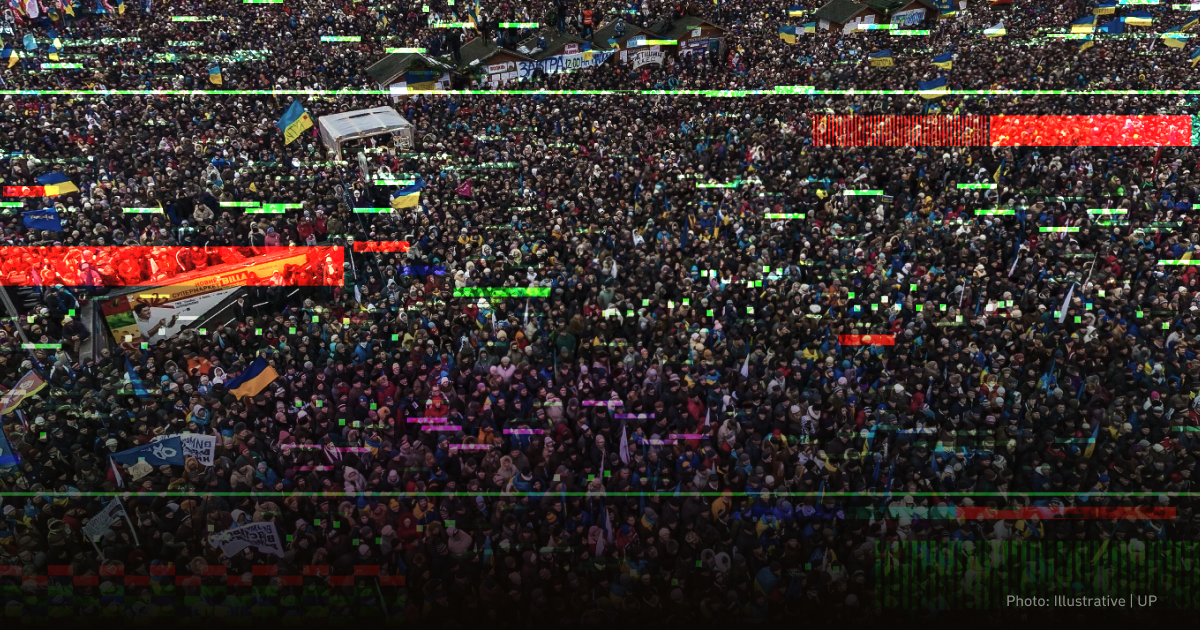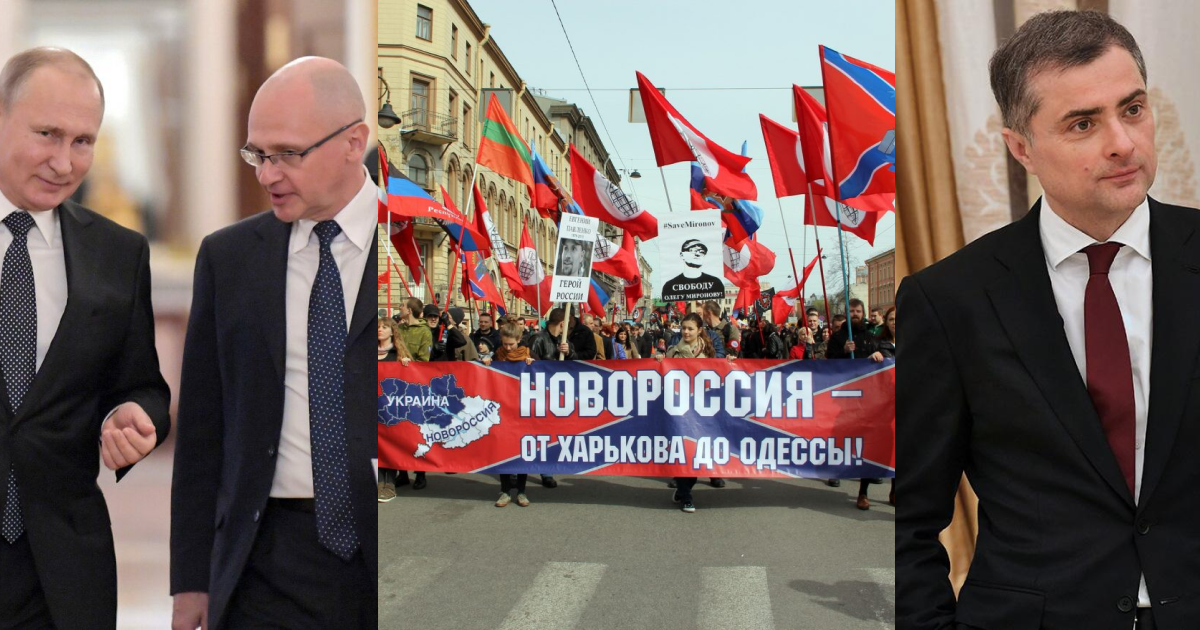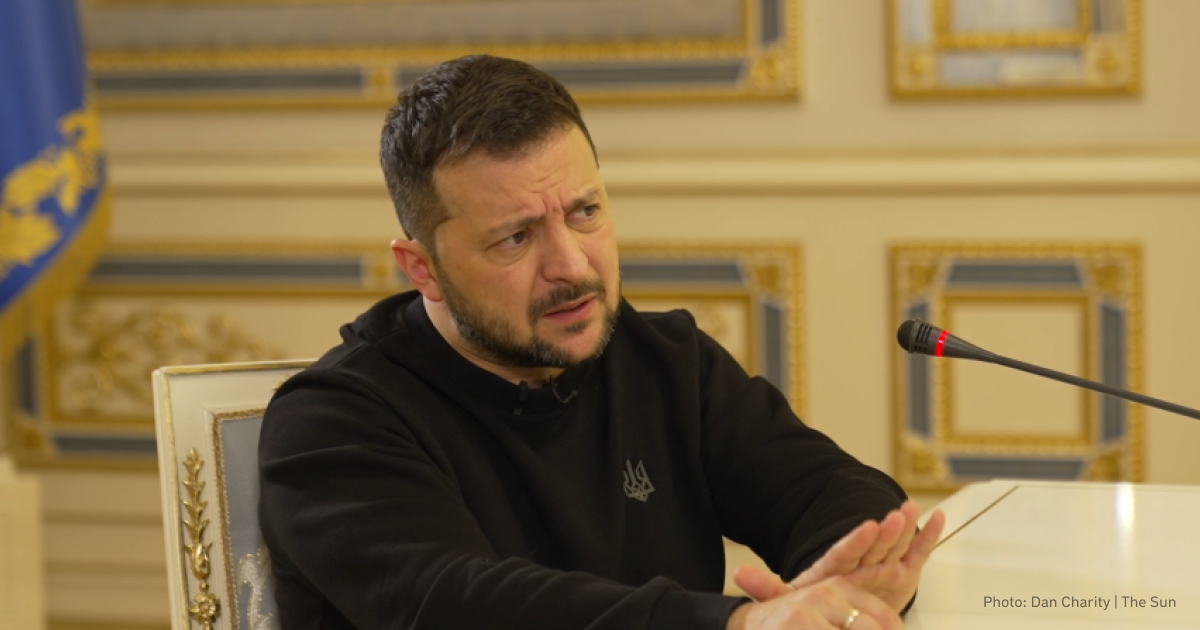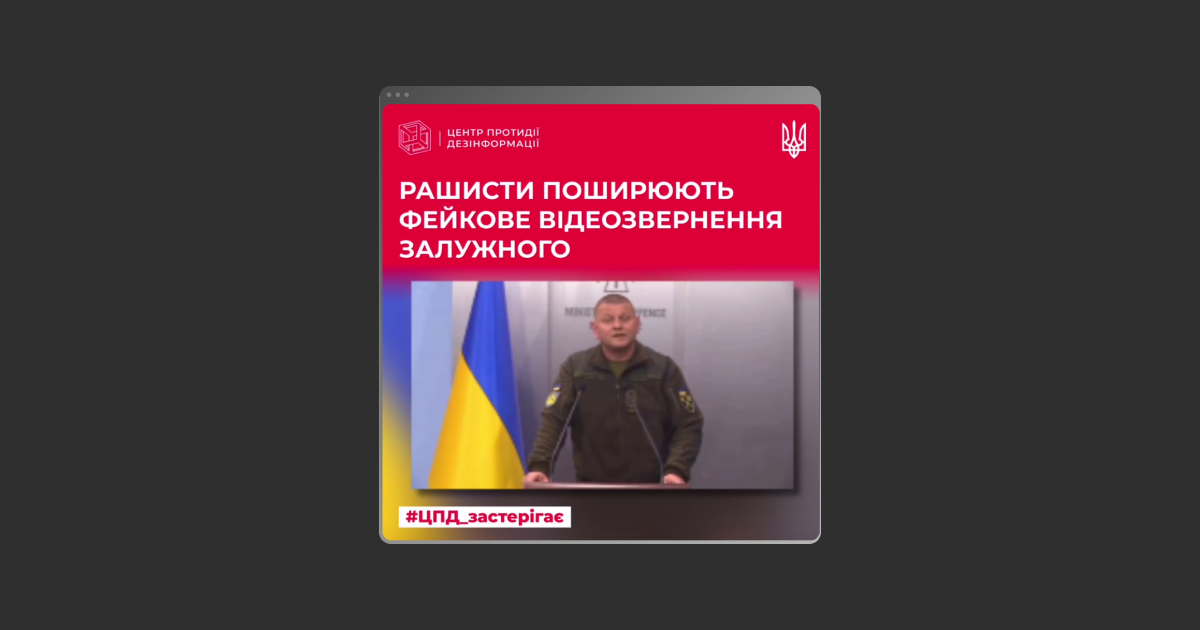Russia spends $1.5 billion on the Maidan 3 disinformation campaign. What other campaigns has Russia launched recently?

Russia spends $1.5 billion on the Maidan 3 disinformation campaign. What other campaigns has Russia launched recently?
Russia spent $1.5 billion on an anti-Ukrainian information campaign.
The Maidan 3 information operation aimed to exacerbate contradictions, incite hostility, and spread fear and panic in Ukraine.
The campaign was conducted, in particular, through the Telegram messenger. It cost $250 million of the total amount.
Andrii Cherniak, a representative of the Main Intelligence Directorate of Ukraine, told Babel in a commentary.
According to Cherniak, this is the most expensive Russian campaign since 2014, as well as the Revolution of Dignity in Ukraine.
The representative of the Main Directorate of Intelligence of Ukraine also said that units dealing with information operations have been set up in all Russian special services, including the General Staff, the FSB, the Ministry of Defence, and the Putin administration.

The First Deputy Head of the Putin Administration, Sergey Kiriyenko, is in charge of the autumn-winter destabilisation project in Ukraine. The operation against Ukraine also involves Russian Deputy Prime Minister Vladislav Surkov. Previously, he was the ideologist behind the Novorossiya project, with the help of which Russia wanted to create a "puppet state" from Kharkiv to Odesa.
Operation Maidan 3
The Ukrainian president first spoke about this campaign in an interview with Bloomberg on November 16. At the time, he said that Russia was trying to "create chaos in Ukraine in order to remove the president".
"For them [the Russians], Maidan is a coup, so the operation is clear," the Ukrainian president said.
Later, Zelenskyy repeated the Maidan 3 statement to the British newspaper The Sun, saying that the operation would last until the end of 2023.
"The operation is called 'Maidan 3'. It aims to change the president, maybe not by killing him. But the president has to be changed. They [the Russians] will use all the tools they have," Zelenskyy said.

The head of the Foreign Intelligence Service, Oleksandr Lytvynenko, says that Russia's FSB considers the current strategy of undermining Western aid to be ineffective, so it plans to adapt it.
"The key to Russia's victory is internal destabilisation in Ukraine," Lytvynenko wrote.
In addition, the secretary of the National Security and Defence Council, Oleksii Danilov, said in an interview with The Times that Russia had activated a network of spies in Ukraine who were trying to "drive a wedge between the political and military leadership of Ukraine, as well as to stir up anti-government sentiment among the population".
He added that Russia was trying to take advantage of the "so-called tension" between President Zelenskyy and the Commander-in-Chief of the Ukrainian Armed Forces, Valerii Zaluzhnyi.
On November 1, 2023, The Economist published a column by Zaluzhnyi in which the general said that Ukraine had reached a stalemate in its war with Russia and needed new technological solutions to move forward.
Zelenskyy responded by saying that Ukraine was not in a stalemate and later called on the military to stay out of political affairs.
Social media users were sceptical about the news of Maidan 3, questioning the possibility of such a campaign.
"Why do I believe so little in the stories about Maidan 3 and enemy spies," "It will be interesting to see Maidan 3 where people will demand an agreement with Russia," "The president specifically said about Maidan 3 on the eve of the Maidan anniversary or is it a coincidence," wrote users of the X social network.
In an interview with The Sun, Zelenskyy stressed that Maidan 3 was not a code name among Ukrainian intelligence officers. The Russians named the special operation.
Mirosław Czech, a Polish journalist of Ukrainian descent, also believes that Zelenskyy's comments on Maidan 3 show the world his weak position as president.
"I don't understand on what basis President Zelenskyy has expressed such doubts about his stability and power to the international public. As far as I know, no one is preparing a coup - this is absurd... These actions are counterproductive... The world has the same image of Ukraine. For the politicians, there is President Zelenskyy. For the military, it is General Zaluzhnyi and the General Staff," Czech said.
New Russian disinformation campaigns against Ukraine
In August 2023, Meta Corporation announced a new phase of the Doppelganger (Dviinyk — ed.) disinformation campaign that Russia is conducting to undermine global support for Ukraine.
The campaign was first identified in 2022 and is so named because attackers copy leading publications' websites and government agencies' websites to spread Russian propaganda.

The main goal of the campaign is to discredit Ukraine, its citizens and its leadership.
In 2023, Meta blocked thousands of new domains and detected attempts to create fake accounts related to the operation.
It is not known for sure why the Russians intensified the campaign, but the French service VIGINUM, which was created to investigate foreign influence in the digital sphere, identified four main narratives of the publications:
- The ineffectiveness of sanctions against Russia;
- Russophobia of Western states;
- The barbarism of the Ukrainian armed forces and the neo-Nazi ideology of the leadership;
- The negative consequences of accepting refugees from Ukraine.
"The operation has now expanded to include not only France, Germany and Ukraine but also the United States and Israel. This is the largest and most aggressive operation of Russian origin since 2017," Meta said.
On the fake websites, the Russians published both reprints of real publications and materials criticising Zelenskyy, Biden and the policies of states towards Ukraine.
In addition, on November 8, it became known that Russian propaganda Telegram channels were spreading a fake video created using the technology of deepfake with the Commander-in-Chief of the Armed Forces of Ukraine, Valeriy Zaluzhnyi, calling for a "rebellion".

"The author of this 'film' was the TG account of Radio Trukha. The Commander-in-Chief of the Armed Forces of Ukraine did not give a speech and did not call for a military coup," the Centre for Countering Disinformation said in a statement.
Daria Zarivna, advisor to the head of the Presidential Office, also talked about the disinformation campaign against Olena Zelenska.
The Russians have created a fake news website called The Intel Drop, which spreads false information in English.
One of the stories said that the First Lady's charity foundation was allegedly involved in human trafficking. The Russians accused Zelenska of using the foundation to send orphans to France, the UK, and Germany under the pretext of saving children.


